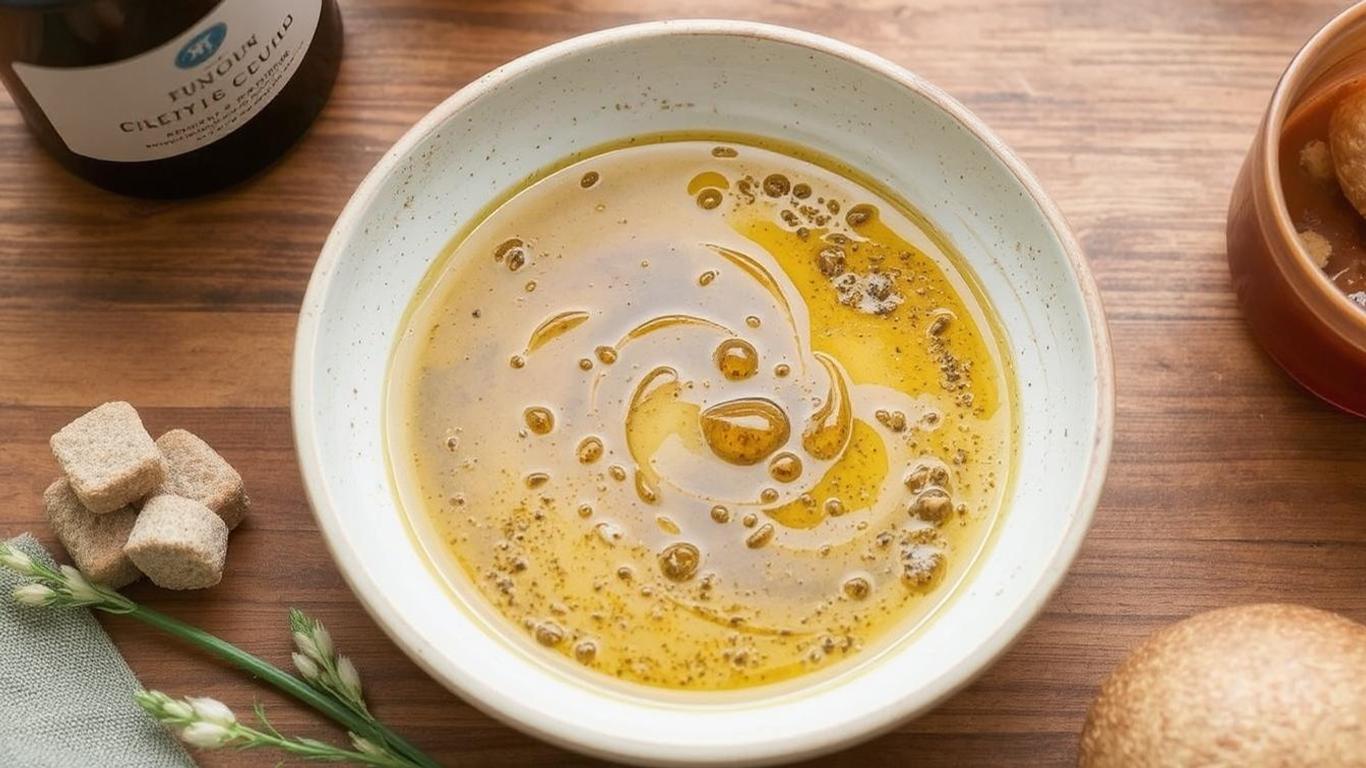Cooking with the right oils can significantly enhance the flavor of dishes like Moong Dal Chilla with Paneer, while also supporting a healthier lifestyle. Choosing the right oil is crucial for maintaining heart health, reducing inflammation, and adding beneficial nutrients to your diet. This guide will explore the benefits and best practices for using popular healthy oils like olive oil, coconut oil, and others, ensuring you make the right choice in the kitchen.
Understanding the Role of Healthy Oils
Healthy oils are rich in monounsaturated and polyunsaturated fats, which help to lower bad cholesterol and support cardiovascular health. Unlike trans fats and saturated fats found in processed foods, these oils offer a wide range of benefits, including antioxidant properties, essential fatty acids, and vitamins. Whether you’re sautéing vegetables, dressing a salad, or grilling protein, the type of oil you use can greatly influence both the nutritional value and the taste of your food.
Olive Oil: The Mediterranean Marvel
Olive oil is a staple in Mediterranean cuisine and is renowned for its health benefits. Rich in monounsaturated fats, it supports heart health and is a good source of antioxidants, particularly vitamin E. Extra virgin olive oil (EVOO) is the highest quality, ideal for dressings, dips, and low-heat cooking.
Best Uses: Use olive oil for drizzling over salads, as a base for homemade vinaigrettes, or lightly brushing over roasted vegetables. Its rich, robust flavor pairs well with Mediterranean dishes, including those with tomatoes, garlic, and herbs.
Smoke Point: EVOO has a lower smoke point around 375°F (190°C), so it’s best used in low to medium-heat cooking. Regular olive oil, however, can withstand higher temperatures and is suitable for sautéing and roasting.
Coconut Oil: A Tropical Twist
Coconut oil has gained popularity in recent years, especially among those following keto or paleo diets. It’s high in saturated fats, but the medium-chain triglycerides (MCTs) found in coconut oil are metabolized differently than other fats, providing quick energy and potentially aiding weight loss.
Best Uses: Coconut oil is versatile and can be used in baking, frying, and sautéing. It imparts a subtle coconut flavor, making it perfect for tropical-inspired dishes, stir-fries, and curries. It’s also a popular choice for baking healthier desserts.
Smoke Point: Unrefined coconut oil has a smoke point of around 350°F (177°C), while refined coconut oil can reach up to 450°F (232°C), making it suitable for higher heat cooking.
Avocado Oil: The Nutrient-Dense Option
Avocado oil is another excellent choice for cooking, offering a high smoke point and a mild flavor that doesn’t overpower dishes. It’s rich in monounsaturated fats and vitamin E, making it a heart-healthy option.
Best Uses: Ideal for grilling, frying, and sautéing, avocado oil is perfect for high-heat cooking. It can also be used as a salad dressing base or drizzled over roasted vegetables for a subtle, buttery taste.
Smoke Point: With a smoke point of approximately 520°F (271°C), avocado oil is one of the best choices for high-temperature cooking.
Other Healthy Oils to Consider
- Flaxseed Oil: Rich in omega-3 fatty acids, flaxseed oil is best used raw, such as in salad dressings or drizzled over cooked dishes, due to its low smoke point.
- Walnut Oil: This oil has a rich, nutty flavor, making it a great addition to salad dressings and baked goods. Like flaxseed oil, it’s best used without heating.
- Sesame Oil: Popular in Asian cuisine, sesame oil adds a deep, nutty flavor to stir-fries and dressings. Toasted sesame oil, in particular, is perfect for adding depth to marinades and sauces.
Cooking Tips for Using Healthy Oils
- Match the Oil to the Cooking Method: Use oils with higher smoke points for frying and sautéing, such as avocado or refined coconut oil, and save delicate oils like EVOO for raw applications or low-heat cooking.
- Store Oils Properly: Keep oils in a cool, dark place to preserve their quality and prevent rancidity. Some oils, like flaxseed, are best stored in the refrigerator.
- Use in Moderation: While healthy oils are beneficial, they are also calorie-dense. Use them in moderation to avoid excess calorie intake.
Conclusion
Cooking with healthy oils like olive, coconut, and avocado can transform your meals into nutritious, flavorful dishes. By understanding each oil’s properties, such as smoke point and flavor profile, you can create meals that not only taste great but also support a balanced diet. Whether you’re preparing a simple salad or making Moong Dal Chilla with Paneer, choosing the right oil can make all the difference in maintaining a healthy lifestyle.
